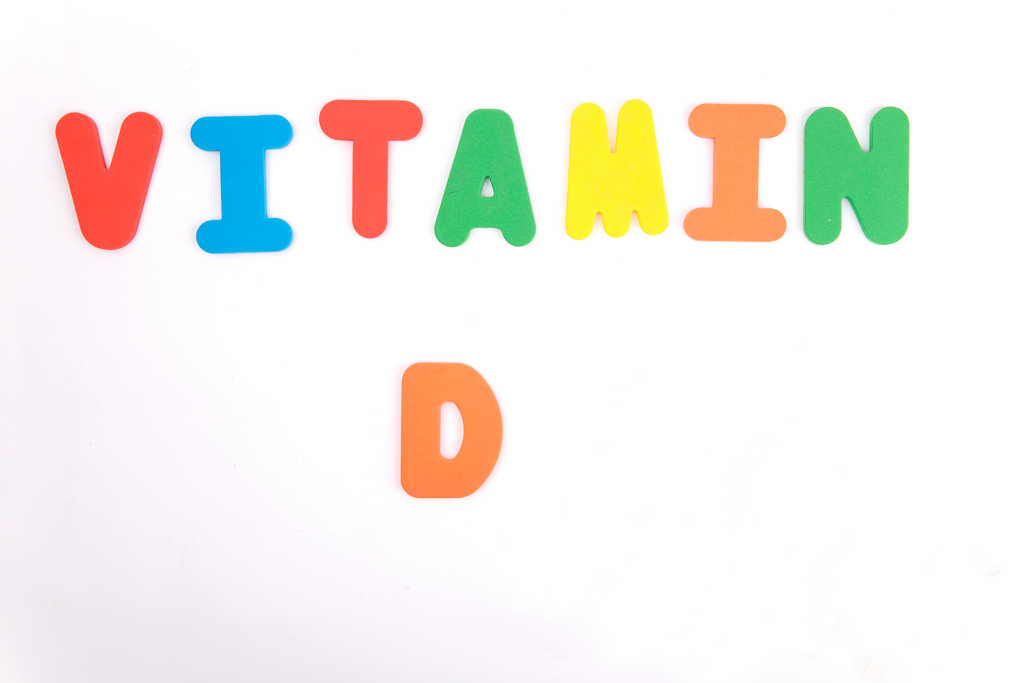
If you are considering taking a nutritional supplement, there are a few things to look for. Before you purchase any product, make sure you know the % Daily Value (% DV) for the ingredient. This explains how much of a certain substance should be consumed daily. If the % DV is above your limit, it could be harmful. In addition, you should never take more than what you need for optimal health.
Vitamin C
Is a Vitamin C supplement good for your health? Yes, but not all vitamin supplements are created equal. While it is possible to get enough vitamin C through your diet, some people are more sensitive to this vitamin than others. Vitamin C is water-soluble, meaning it must be obtained from food. This vitamin is essential for the growth and repair of tissues, and it helps your body absorb iron from non-heme sources. Here are some benefits of Vitamin C.

Most vitamin C supplements contain ascorbic acid, which is the same as the ascorbic acid found in many fruits and vegetables. Typically, a Vitamin C supplement contains 75 mg for women and 90 mg for men. Smokers should take an additional 35 mg daily. Additionally, pregnant and breastfeeding women should take a Vitamin C supplement. However, there are other forms of vitamin C available. Vitamin C supplements are also known as ester-C, which combines calcium ascorbate with bioflavonoids.
Vitamin E
A vitamin E supplement is beneficial for the human body. It is important to not exceed the recommended daily allowance of 15 milligrams of vitamin E, however, as excess amounts may accumulate in fat and may have toxic effects. Consult a health care provider before beginning a vitamin E supplement. Although vitamin E supplements can help dry skin, you should always consume them in moderation. Moreover, a vitamin E supplement helps your skin to stand up to environmental stressors from within.

In addition to supporting the proper functioning of many organs, vitamin E also supports neurological and enzymatic processes. Vitamin E is also believed to lower the risk of some diseases, including coronary heart disease, prostate cancer, and mild cognitive impairment. In addition to its positive effects on health, vitamin E supplementation is also important for infants and the elderly. It may even prevent some types of cancer. It is important for people of all ages, but it is especially crucial for the very young, the elderly, and pregnant women.
Fish oil
There is a lot of controversy surrounding the use of fish oil as a supplement. While the oil is not regulated by the Food and Drug Administration (FDA), there is still evidence to suggest it has health benefits. In fact, the FDA has allowed dietary fish oil supplements to claim that taking them can lower the risk of coronary heart disease, but they caution that the research is not conclusive. Taking a supplement may not be necessary for your overall health, but it is a good idea to make sure you are getting enough of this essential fatty acid.

You should also look for supplements that are backed by third-party certification. While the FDA regulates food and drugs, dietary supplements do not undergo the same scrutiny. As a result, you should be sure to buy a supplement that meets the highest standards. If you’re unsure, make sure the fish oil you’re buying has third-party certification from an independent organization. Another important factor to look for is the sustainability of fish oil. Make sure the fish oil comes from sustainable fisheries. Lastly, check the label for any additives.
Melatonin
A melatonin supplement may help with sleep. But it’s important to speak with a doctor before beginning any supplement regimen. There are many potential side effects of melatonin, including daytime drowsiness and increased dreaming. It is also not suitable for everyone, including pregnant women and people with autoimmune disorders. It can cause severe side effects in some people, such as seizures, depression, and sleepiness. Also, it is not recommended for those with diabetes or high blood pressure. It may interfere with other medications and make people with these conditions feel more tired during the daytime.

Some studies have shown that melatonin increases the activity of the immune system. Melatonin can switch on T-cells in white blood cells. This can help to trigger a robust immune response. It also acts as an antioxidant, protecting cells from free radicals. In addition to these immune system benefits, melatonin production decreases as we age. Taking a melatonin supplement can help to boost this natural hormone.
Vitamin D
Although the scientific evidence for the benefits of Vitamin D supplements is mixed, it seems that the nutrient may be essential to maintaining bone health. Research has shown that Vitamin D improves immune function, supports the nervous system, and protects against infections. This vitamin may also have benefits for lung and heart health. It may also prevent or even delay the onset of diseases like diabetes. This article will discuss some of the benefits and drawbacks of Vitamin D supplements.

While taking a vitamin D supplement is generally beneficial, it is important to remember that too much of the vitamin can cause calcium buildup in the body, affecting the heart and kidneys. Generally, a vitamin D supplement of 10 micrograms per day is enough for the majority of people. For the elderly and the very young, 100 micrograms a day is not recommended. For children between 11 and 17 years, 400 IU per day is sufficient.